
A journal has retracted two 2014 papers after the editors discovered the authors used data from other research groups without permission.
The papers, both published in the same issue of Cell Biochemistry and Biophysics and retracted in May, suffered from similar issues—the authors published data that was not theirs. The authors are all based at different institutions in China; as far as we can tell, the papers do not have any authors in common.
When we asked the publisher whether a third party, such as a paper mill, may have been involved, a spokesperson for Springer told us: Continue reading Journal retracts two papers by authors who lifted others’ data
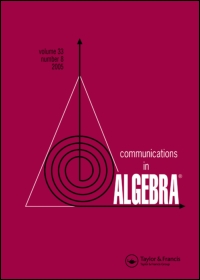

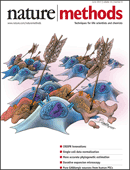 A
A 
 A former Research Training Awardee at the National Institutes of Health “falsified and/or fabricated data” in 11 figures in a 2016 paper,
A former Research Training Awardee at the National Institutes of Health “falsified and/or fabricated data” in 11 figures in a 2016 paper, 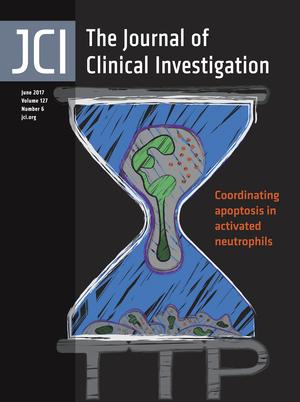 On Dec. 2, 2013,
On Dec. 2, 2013, 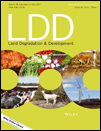 It’s been a mixed year for Wiley’s
It’s been a mixed year for Wiley’s 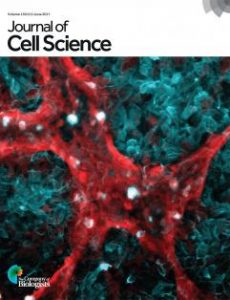
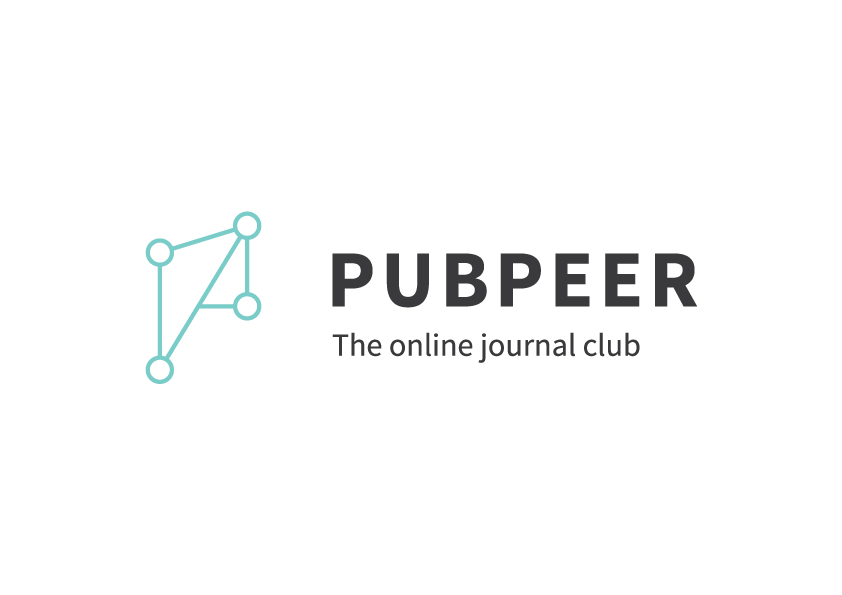 Since it launched in 2012, PubPeer has grown to become a standard part of the scientific lexicon, and its numerous post-publication discussions have led to
Since it launched in 2012, PubPeer has grown to become a standard part of the scientific lexicon, and its numerous post-publication discussions have led to